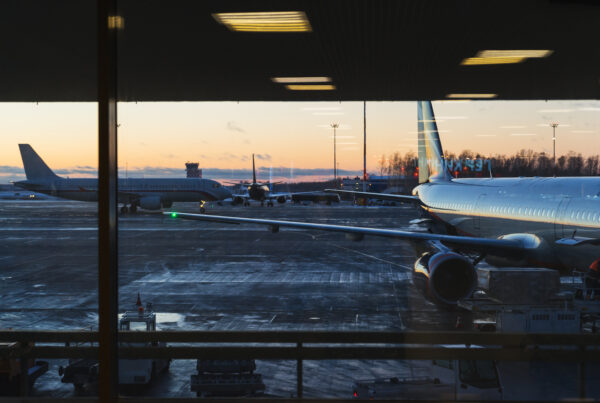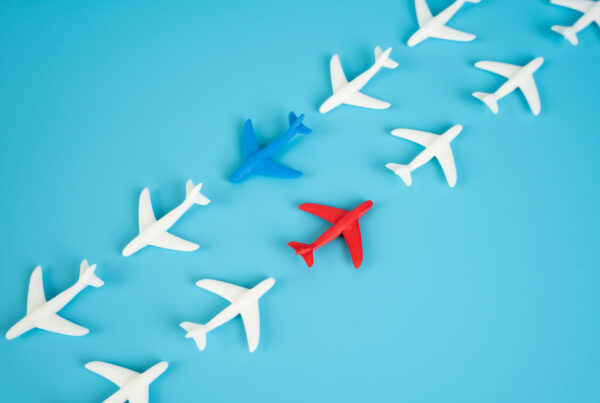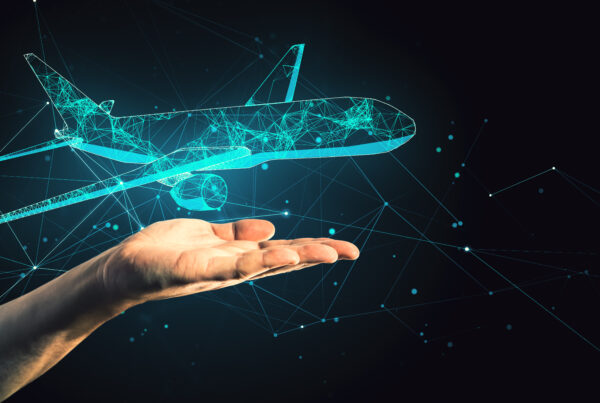Airlines are moving beyond the basics of retail modernisation. The first wave of transformation was about adopting NDC, enabling dynamic offers, and moving away from static fares. The next phase – Retail Tech 2.0 – is about operationalising personalisation at scale. That requires more than just technology. It demands teams engineered to think, build, and deliver like a digital retailer.
From Modernisation to Monetisation
Most major carriers have now invested in digital foundations – new order management systems, API gateways, and cloud-based platforms. Yet many are finding that technology alone doesn’t translate into differentiated customer experiences.
Retail Tech 2.0 is where modern airline strategy meets execution. It’s about turning data, pricing, and product capabilities into dynamic, real-time retailing. To achieve that, airlines are hiring not just aviation technologists, but product managers, data scientists, and engineers who can work at the intersection of commerce, analytics, and customer experience.
The Talent Equation Behind Personalisation
Delivering personalised offers isn’t simply a data challenge. It’s an organisational design challenge. Successful teams blend three critical skill sets:
-
Data and decisioning – experts who can build models that understand traveller intent, value, and timing.
-
Product and merchandising – professionals who can translate insights into tailored offers and pricing strategies.
-
Platform engineering – teams capable of deploying scalable, real-time systems that support millions of dynamic transactions daily.
It’s no longer sufficient to have siloed tech and commercial functions. Retail Tech 2.0 teams operate as integrated product squads with shared KPIs linked to revenue and conversion, not just system uptime.
Crossing the Industry Divide
Many of the most effective hires today are crossing over from outside aviation. Talent from retail, fintech, and consumer tech bring hard-won experience in recommendation engines, behavioural targeting, and experimentation frameworks.
For airlines, the challenge is cultural integration. These hires must work alongside legacy systems experts and airline veterans without slowing innovation. The most forward-thinking organisations are already creating hybrid operating models that allow new retail talent to move fast, while still aligning with safety-critical governance.
Building for Continuous Learning
Personalised retailing isn’t a project with an endpoint – it’s a capability that evolves through constant testing and refinement. Airlines building these teams are adopting agile data pipelines, AI-driven pricing, and real-time experimentation frameworks.
The key differentiator will be talent adaptability – people who can learn, iterate, and bridge the worlds of aviation and digital commerce. Recruitment strategies are starting to mirror those of e-commerce giants: hiring for potential, not just domain experience.
The Future: Teams as a Competitive Advantage
As the industry converges around offer and order-based retailing, success will hinge less on who has the best platform, and more on who has the best team. Airlines that invest in multi-disciplinary squads, empowered to deliver continuous personalisation, will redefine what it means to retail travel.
In the race to modern retailing, the most valuable currency isn’t technology – it’s talent that can connect the dots between data, customer, and revenue.




